We all rank or grade things according to their ‘importance’, forgetting that everything is important, writes Angus Peter Campbell.
You know what it’s like.
You just sit down with your favourite book, or to watch your favourite TV programme, or just to have that nice cup of tea and scone you looked forward to all day, and then the doorbell rings, or the phone goes, or your mobile pings, and there you go: INTERRUPTED! Except, my dear friends, it’s not an interruption at all, but the very essence of life.
Put it this way: it all depends on how you look at it. For, if you look at it one way, everything from the cradle to the grave is an interruption.
My late dear father-in-law, who was a captain in the Merchant Navy, first went to sea as a 16-year-old cadet in 1947. He told me that the chief engineer on that first voyage of his had been born in 1892, on a sailing ship at Cape Horn.
Imagine his poor mother, giving birth as the ship with all its sails furled rounded Cape Horn. Maybe she considered it an interruption to her voyage round the world? Though, no doubt, it was also a joy!
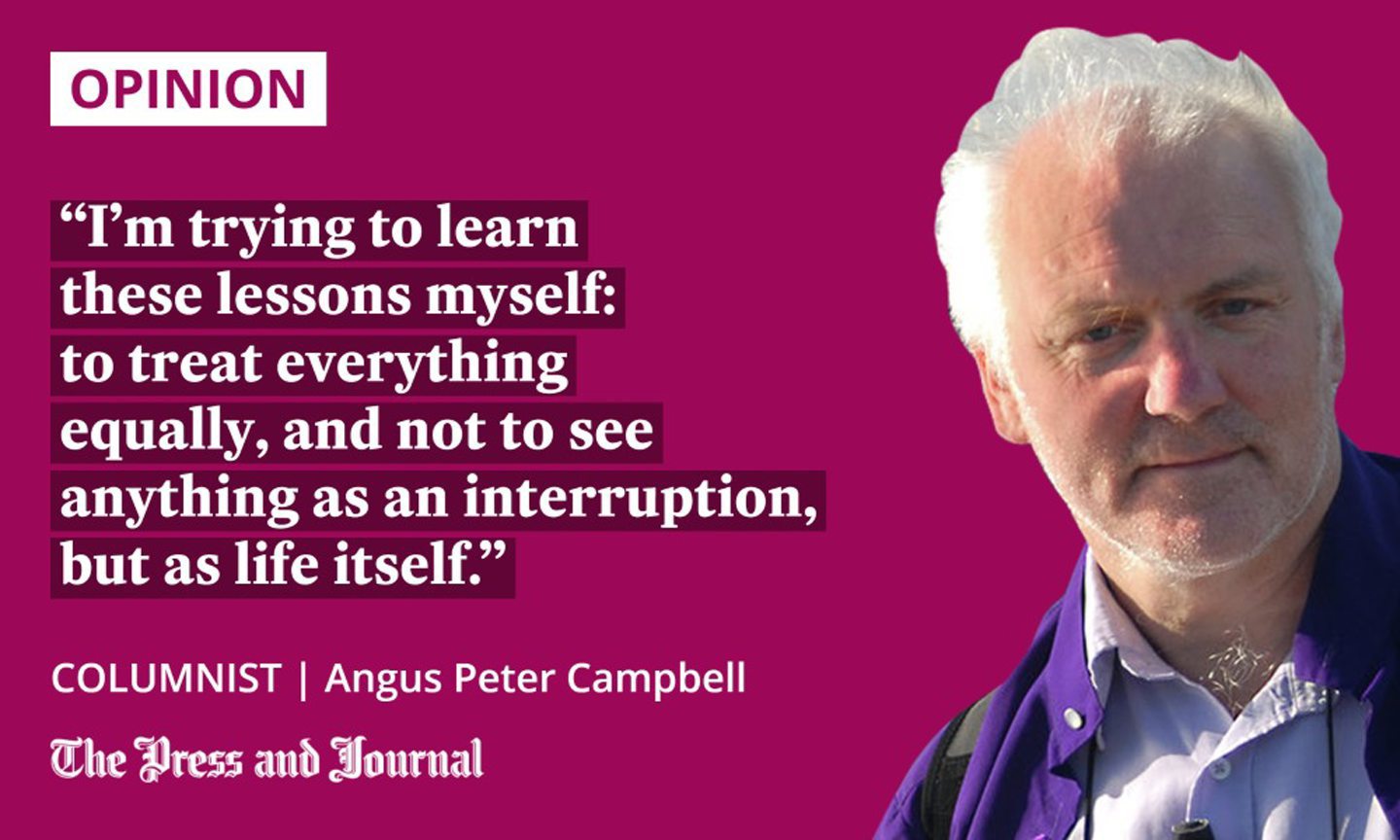
All this comes to mind having just reread the late great John Cage’s lectures. Cage was (and remains as) one of the great musicians of the 20th century. His most famous work is probably the piano piece titled 4’ 33’’, in which the pianist approaches and sits at the piano without playing a note for four minutes and 33 seconds.
It’s musical “silence” in one way, though the music, of course, lies in what’s heard all around during that period: those memories whirling away in your brain, the woman sitting in the next seat to you shuffling her feet, someone coughing down at the front, and so on and so forth. The music is everywhere. The sound of silence, as the great Simon and Garfunkel sang.
Everything is important
What Cage is saying is that there are no hierarchies as such: that the hills are alive with the sound of music not because Julie Andrews is running about there, but because, if you listen, you can hear the mountain stream and the birds singing overhead and the train to Mallaig sounding its whistle in the distance as it passes the Glenfinnan viaduct. It’s everywhere.
I believe this principle is not just confined to John Cage, or to the arts, but applies to all of life. I think the more we rid ourselves of inner as well as external hierarchies, the better. By that, I mean the way in which we all, as individuals and collectively, rank or grade things according to their “importance”, forgetting that everything is important.
As a musician and composer, Cage believed that everything that ever happened to him, good or bad, thrilling or boring, fed into his music. So that hearing a steam train chuntering by in his childhood was as significant to his creative development as any lecture on musicology he ever heard at a conservatoire.
And isn’t that true for all of us? The seemingly tiny, “insignificant”, almost forgotten things that happened to us to make us what we are. In my own case, for instance, the up-and-down speech of the older people of my childhood, which has shaped me more than my years in television or my reading of Ulysses.
See everything as a marvel, if not a miracle
Think of it in relation to our public life and politics. The way in which some announcement from a university professor or think tank or local MP or government spokesman or Newsnight is generally regarded as more significant (carrying more clout) than the announcement an old gentleman in my childhood made, saying he would always vote Labour because they gave him his spectacles.
I’m trying to learn these lessons myself: to treat everything equally, and not to see anything as an interruption, but as life itself. To see everything as a marvel, if not a miracle: the duck crossing the road, the bus reversing into that small space, the man munching on a sandwich on the park bench, the latest promise from all the aspiring first ministers.
Maybe the moments in between the notes are the music. The silence which is no silence at all
It will take a lot of practice and patience – just to watch the MSPs and treat every word they utter with astonishment. What does it actually mean?
To stand in the post office queue and, instead of getting frustrated wondering why I’m not getting on to the real thing (buying a stamp), to enjoy the moment, if only because the gentleman in front of me has such interesting hair. If I had clippers, I would give him a quick haircut.
In other words, maybe the moments in between the notes are the music. The silence which is no silence at all. The place where all that matters happens, as we listen to the noise and music of life.
Angus Peter Campbell is an award-winning writer and actor from Uist
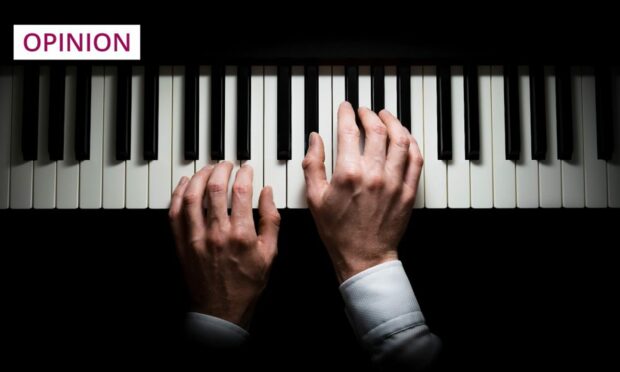
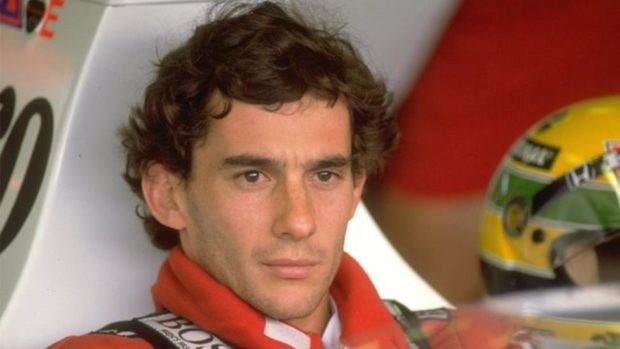

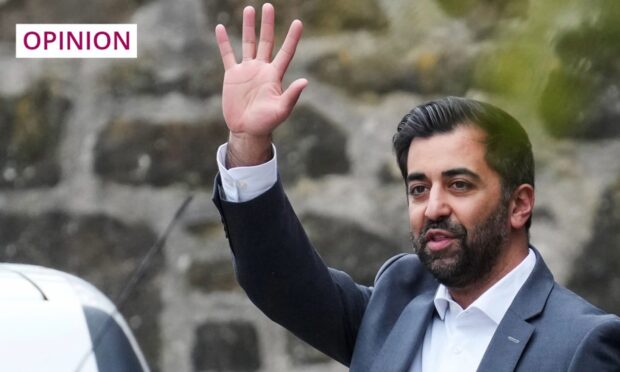
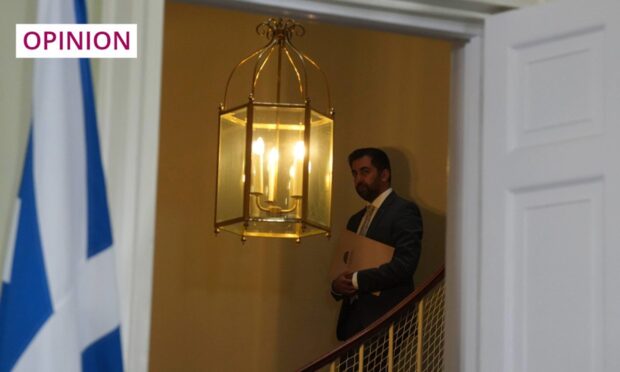






Conversation